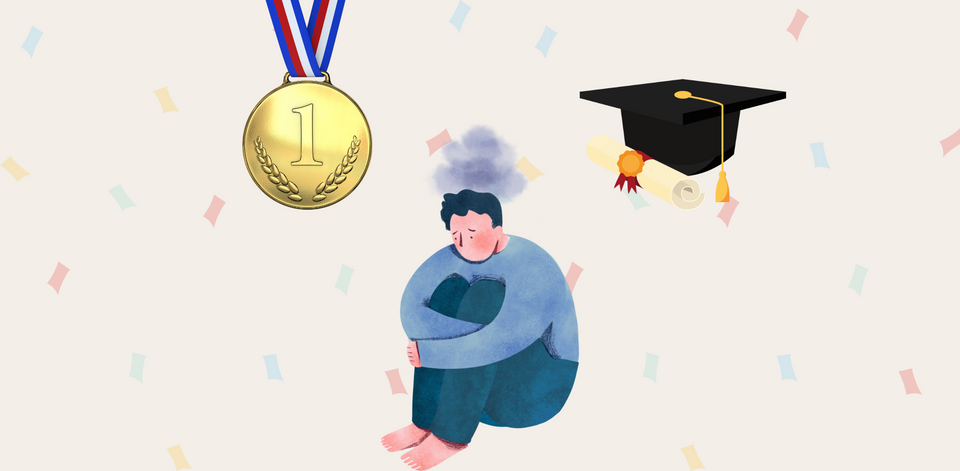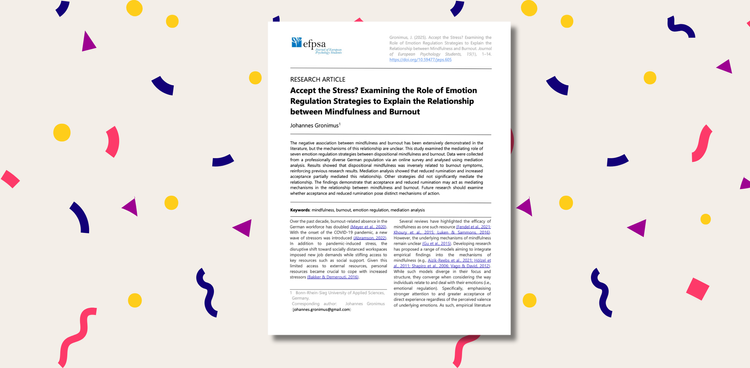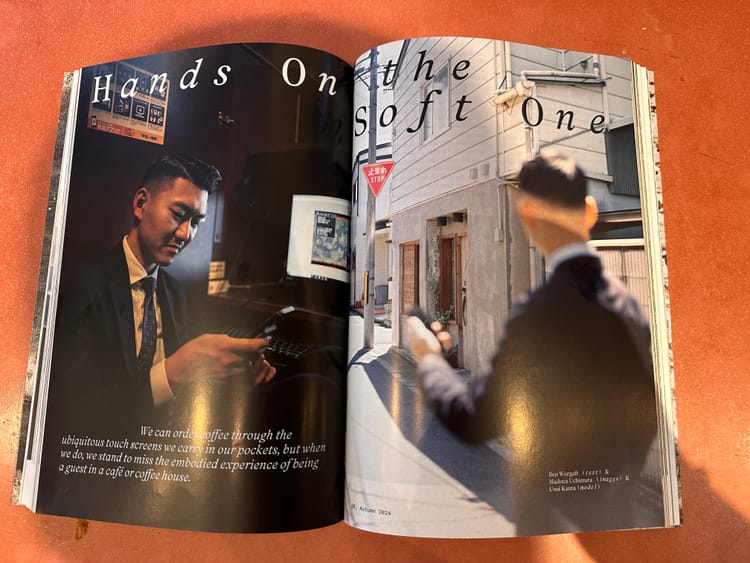The Arrival Fallacy

A month ago, I wrote about my struggles with linking fulfilment to a goal - “When I finally achieve x, then I’ll be happy". Well, this week I found out that I’m not alone - there’s actually a name for this phenomenon.
“𝐀𝐫𝐫𝐢𝐯𝐚𝐥 𝐟𝐚𝐥𝐥𝐚𝐜𝐲 is this illusion that once we make it, once we attain our goal or reach our destination, we will reach lasting happiness.”, says Harvard Psychologist Tal Ben-Shahar, who coined the term.
Sure, it feels like whatever we’re working towards is the last missing piece we need to reach eternal bliss. But sadly, achievement doesn’t work that way. When expectation meets reality, and we reach the goal, we get hit with the truth.
Take the 𝐏𝐨𝐬𝐭-𝐎𝐥𝐲𝐦𝐩𝐢𝐜 𝐁𝐥𝐮𝐞𝐬¹: Winning Olympic Gold is the pinnacle of the sporting world. Surely an achievement this impressive guarantees lasting happiness, right? Wrong.
Michael Phelps - like many other Olympians - reported immense anxiety and depression after the games. The goal is achieved, the excitement came & went. But where’s the lasting happiness they told themselves would come?
The same goes for college students: many report these feelings of emptiness after they graduate - it’s called 𝐏𝐨𝐬𝐭-𝐆𝐫𝐚𝐝𝐮𝐚𝐭𝐢𝐨𝐧 𝐃𝐞𝐩𝐫𝐞𝐬𝐬𝐢𝐨𝐧².
Just like everyone else, they fell victim to the 𝐈𝐦𝐩𝐚𝐜𝐭 𝐁𝐢𝐚𝐬 - Our tendency to vastly overestimate the emotional effects of a single event. It’s smart evolutionary design: Pursuing a goal feels rewarding - but that feeling quickly vanishes to make us move on to the next one.
The mechanism comes back to our old friend: 𝐃𝐨𝐩𝐚𝐦𝐢𝐧𝐞. The hormone driving our behaviour gets released in pursuit and upon attainment of the goal. But once the goal is accomplished, it drops again - to make room for new ones³. It’s solving problems that makes us happy, not problems being solved.
⁉️ So what can we do to avoid our own post-olympic blues?
- 𝐀𝐝𝐣𝐮𝐬𝐭 𝐄𝐱𝐩𝐞𝐜𝐭𝐚𝐭𝐢𝐨𝐧𝐬: Shed the illusion that lasting fulfilment comes when the goal is achieved - so you can get to work on making the way there fulfilling.
- 𝐄𝐧𝐣𝐨𝐲 𝐭𝐡𝐞 𝐑𝐢𝐝𝐞: Savour the flow states, sink into problem-solving and appreciate the growth along the way.
- 𝐁𝐫𝐨𝐚𝐝𝐞𝐧 𝐚𝐧𝐝 𝐒𝐞𝐪𝐮𝐞𝐧𝐜𝐞: Taking a page out of the old Investment Playbook, the idea is to diversify. If there’s more than one project, you can start to sequence - Attaining the goal becomes associated with starting the next one. So finishing a project doesn’t feel like the end - it’s just a milestone, and now it’s on to the next one.
- 𝐑𝐞𝐟𝐥𝐞𝐜𝐭 & 𝐆𝐫𝐨𝐰: Surely, you’ve learned a lot along the way. Take the time to appreciate how far you’ve come, and what you can take away from it for the next project.
- 𝐏𝐚𝐲 𝐢𝐭 𝐟𝐨𝐫𝐰𝐚𝐫𝐝: Sharing always feels better - so why not share the insights you discovered? That way, you can get ongoing value out of the project, and the dopamine train doesn’t stop.
Links
1 Bradshaw, H, Howells, K, & Lucassen, M 2022, ‘Abandoned to manage the post-Olympic blues: Olympians reflect on their experiences and the need for a change’, Qualitative Research in Sport, Exercise and Health, Vol. 14, No. 5, pp. 706–723, DOI:10.1080/2159676X.2021.1993974.
2 Meadows-Fernandez, R 2017, ‘There’s such a thing as post-graduation depression. I know: I had it.’, Washington Post, https://www.washingtonpost.com/national/health-science/theres-such-a-thing-as-post-graduation-depression-i-know-i-had-it/2017/08/04/4d163c6a-618d-11e7-a4f7-af34fc1d9d39_story.html
3 Thibodeaux, W 2018, Why You Might Feel Empty After Reaching a Huge Goal (and How to Move On), Inc.com, https://www.inc.com/wanda-thibodeaux/why-you-might-feel-empty-after-reaching-a-huge-goal-and-how-to-move-on.html




Comments ()